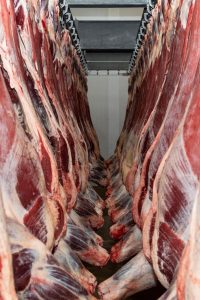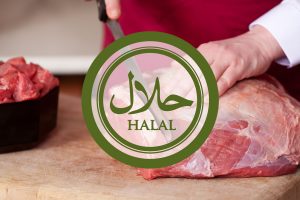
KUALA LUMPUR – Getting halal certification will remain optional for Malaysia’s eateries, said Deputy Prime Minister Zahid Hamidi on Sept 18, after controversy erupted over a plan to make the requirement compulsory for outlets that do not serve pork or alcohol.
“After deliberation, the Cabinet agreed to maintain status quo” for halal certification, Datuk Seri Zahid said in a statement to the media at the Global Halal Summit 2024 in Kuala Lumpur. For Malaysia’s Islamic Development Department (Jakim), the issuance of halal certification has been voluntary since its introduction in 1974, he added.
The Muslim-majority country issues halal certificates, which guarantee that the supply chain and products of a business comply with Islamic law and are safe for Muslims’ consumption, or halal. This includes ensuring that the products and premises are free of pork and alcohol, which are haram, or forbidden in Islam.
Some restaurants choose to be pork-free and alcohol-free to attract a wider clientele, but stop short of being certified as halal, a stringent process that can take months.
According to Jakim, which is in charge of the certification, businesses pay fees ranging from RM100 (S$30) to RM10,000 yearly, depending on the sector and ownership status.
It takes 30 days to process an application. But in reality, the waiting time can be far longer as applicants must ensure that all ingredients used are 100 per cent halal-certified, C&J Food Group managing director Oo Kok Cian, who has 10 years of experience in food safety and the halal consultancy business, told The Straits Times.
A source said that the Cabinet was told about the lengthy process of making halal certification mandatory for all premises and not to complicate matters.
“For premises which say they do not serve pork or alcohol but are not certified halal, it was agreed that they should clearly state that they do not have halal certification,” said a source.
Another source said that the Cabinet also discussed the issue of Muslims who eat at these premises as it is their prerogative.
“Muslims will not be punished as it is up to them to be aware when choosing a place to eat.
“For example, many eateries in the East Coast have yet to apply for halal certification. “Does that mean a Muslim cannot eat at a Malay restaurant that has no halal certificate? It is up to Muslims to be more discerning,” said the source.



